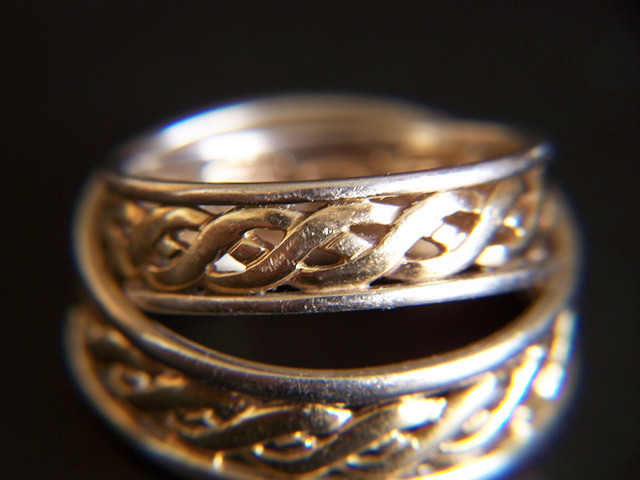
|
By John Martin
A wedding in a Church of England parish comes with a requirement dating from 1215 for vicars to announce banns. In the three months before a church wedding, vicars are required to “publish the banns of marriage.” This quaint-sounding phrase provides an opportunity for anyone to lodge a legal objection to the planned marriage.
The practice emerged in medieval times to prevent secret marriages and protect women from being forced into marriage in a social context in which a woman’s inherited property was passed over to her husband.
Anyone living within the geographical area of a parish can claim the right to be married in the church. Even if the wedding is to be held in another parish, banns are read in the home parish. Vicars reading banns will normally add a prayer for the couple. When couples do not normally attend church, many make a point of attending to hear their banns read.
All of this could change if a motion before this month’s General Synod passes. The Rev. Stephen Trott, a vicar from the East Midlands county of Northamptonshire, wants banns abolished. He thinks marriage procedures overload already busy vicars with cumbersome administration. The official guidance booklet runs to 44 pages.
“We should do all we can to reduce or at least to simplify our considerable inheritance of administration wherever it is no longer necessary, so as to free the Church for its ministry,” he said.
Trott wants to see all the administration connected to marriage handed over to civil registrars who would issue a certificate saying that all the usual checks have been made. In Scotland, an arrangement like this has been in place since the 1970s.
One of the arguments against Trott’s proposal is it will further put off couples from opting for church weddings. In 2015 there were 45,000 couples married in English parish churches. While church weddings are sharply declining, they still account for a fifth of all weddings in England.
Those opposing Trott will claim that the needed checks are straightforward, involving little more than checking passports. Some vicars claim that for some couples, coming to church hear their banns read often leads them to attend church regularly.









